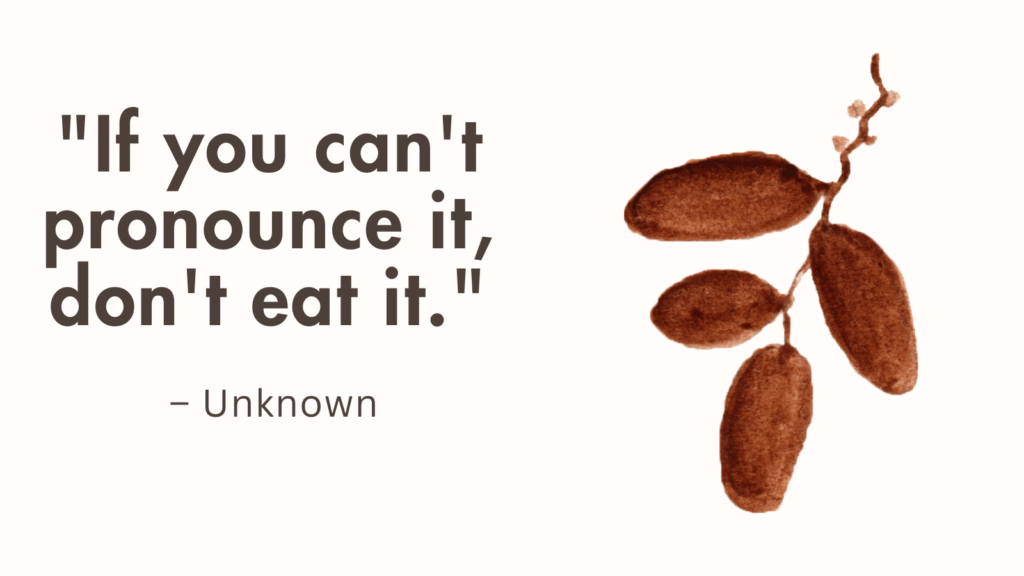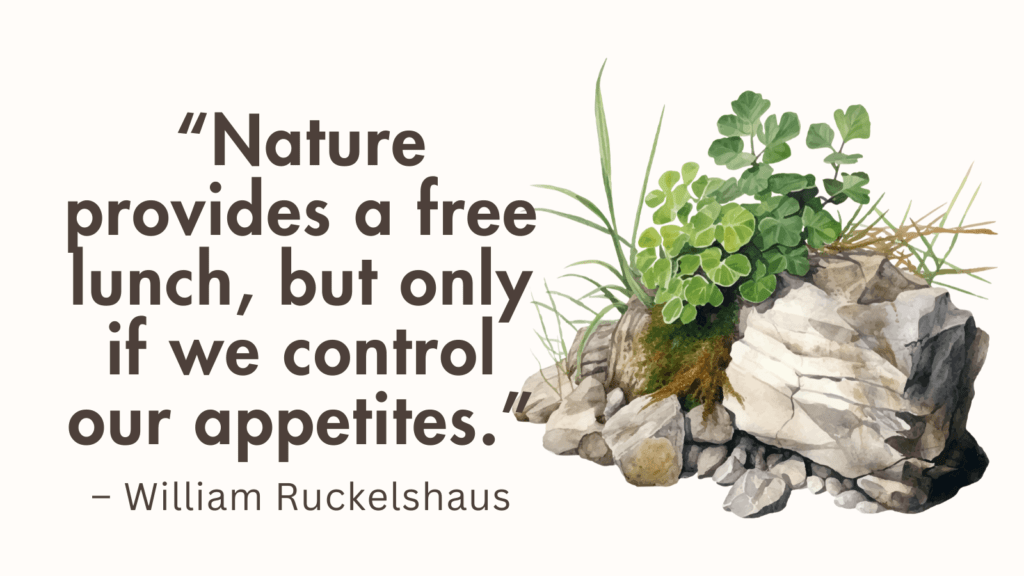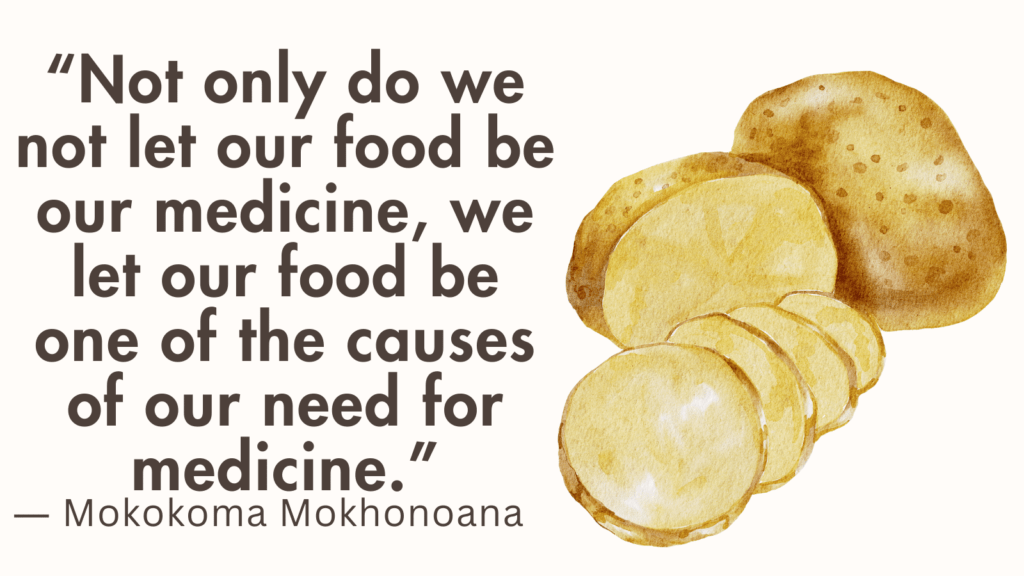In this post, you’ll find out the answer to the question “Do Dates need to be organic?”
- Do Dates Need To Be Organic?
- How to Dry Dates?
- What Do Dates Taste Like?
- Are Dates Keto?
- Are Dates Low Fodmap?
- Does Dates Go Bad?
- Are Dates And Figs The Same?
- Are Dates And Prunes The Same Thing?
- Are Dates High In Iron?
- Can Cats Eat Dates?
- Do Dates Expire?
- How Long Do Dates Last In Fridge?
- How Long Do Dates Last In Pantry?
- Can Chickens Eat Dates?
- Are Dates Gluten Free?
Do Dates Need To Be Organic?
There is no strict requirement for dates to be organic, but it ultimately depends on personal preferences and beliefs.
Organic dates are grown without the use of synthetic pesticides, fertilizers, or genetically modified organisms (GMOs).
They are also cultivated using sustainable farming practices that aim to minimize environmental impact.
While some people prioritize organic foods due to concerns about potential effects of pesticides on health or the environment, others may not consider it a determining factor in their purchasing decisions.
It is always a good idea to read labels and do research to understand how the dates you are considering were produced and make an informed choice based on your own values and priorities.
Related: Do Walnuts Need To Be Organic?
How to Dry Dates?
Drying dates is a simple and enjoyable process that allows you to preserve their sweetness and extend their shelf life.
1. Start by selecting fresh and fleshy dates that are ripe but not overly soft.
2. Gently wash the dates under cold water to remove any dirt or debris.
3. Carefully remove the pits from each date, either by using a sharp knife to slit them open or by gently squeezing them until the pits come out.
4. Once the dates are pitted, you can choose between two common methods for drying: air drying or using a dehydrator.
For air drying:
Spread the pitted dates on a clean and dry surface, making sure they are in a single layer without touching each other.
Place them in a well-ventilated area with good air circulation, ideally somewhere warm and away from direct sunlight.
Turning the dates occasionally will help ensure even drying.
This method typically takes around 3 to 7 days, depending on the climate and humidity level of your location.
The dates should be fully dried when they have shriveled up, become slightly chewy, and lost most of their moisture.
Dehydrator:
If you prefer a quicker and more controlled drying process, using a dehydrator is a great option.
Simply arrange the pitted dates on the dehydrator trays, making sure there is enough space between them for proper air circulation.
Set the dehydrator to a temperature between 135°F (57°C) and 145°F (63°C), and let it run for about 12 to 24 hours.
Check the dates regularly to ensure they are drying evenly and adjust the time if needed.
The finished dates should feel slightly tacky but not sticky, indicating that they have reached the desired level of dryness.
5. Once your dates are dried, allow them to cool completely before storing them in an airtight container or resealable bag.
Properly dried dates can be stored at room temperature in a cool and dry place for up to a year.
They make for a delicious and nutritious snack on their own, or they can be used in various recipes such as smoothies, baked goods, or added to salads for an extra burst of natural sweetness.
Remember, patience is key when drying dates, as rushing the process may result in uneven drying or spoilage.
So take your time, enjoy the process, and savor the delightful rewards of your homemade, dried dates.
Related: Do Potatoes Need To Be Organic?
What Do Dates Taste Like?
Dates are known for their sweet and caramel-like flavor.
The sweetness can vary depending on the type of date, with some being more sugary and others having a milder sweetness.
Dates also have a slight chewiness to them, making them enjoyable to eat.
Some people describe the taste as a combination of honey, brown sugar, and a hint of vanilla.
Are Dates Keto?
Dates are not typically considered keto-friendly due to their relatively high carbohydrate content.
Dates are naturally high in sugars and carbohydrates, which can raise blood sugar levels and potentially kick you out of ketosis.
For individuals following a strict ketogenic diet, it is best to avoid or limit consumption of dates.
However, it’s important to remember that moderation is key, and if you are following a more flexible low-carb diet, you may still be able to enjoy dates in small quantities as part of your overall carbohydrate intake.
As always, it’s recommended to consult with a healthcare professional or nutritionist for personalized dietary advice.
Related: Does Olive Oil Need To Be Organic?
Are Dates Low Fodmap?
Dates are not low FODMAP.
FODMAPs are a group of carbohydrates that can cause digestive issues in some individuals, particularly those with irritable bowel syndrome (IBS).
Dates contain high levels of fructose, which is a type of FODMAP.
Consuming dates may potentially trigger symptoms such as bloating, gas, and abdominal discomfort in individuals who are sensitive to FODMAPs.
If you are following a low FODMAP diet, it is generally recommended to limit or avoid dates.
However, it’s always best to consult with a registered dietitian or healthcare professional for personalized advice regarding your specific dietary needs.
Does Dates Go Bad?
Like most fruits, dates can go bad if not stored properly.
Fresh dates have a relatively short shelf life and can spoil within a few weeks, especially if they are not stored in the right conditions.
You should store dates in a cool, dry place to maximize their shelf life.
Alternatively, you can refrigerate them to extend their freshness.
Dates that are stored properly can last for several months.
However, it’s always a good idea to check for any signs of spoilage before consuming them, such as mold, an off smell, or a change in texture.
If you notice any of these signs, it’s best to discard the dates to ensure your safety.
Related: How to Protect Your Watermelon Farm?
Are Dates And Figs The Same?
Dates and figs are both delicious and nutritious fruits, but they differ in their taste, texture, and nutritional profiles.
While both fruits are sweet, dates tend to be stickier and have a chewier texture, whereas figs have a softer consistency.
In terms of appearance, dates are typically smaller, oblong-shaped, and dark brown in color, while figs are larger, bell-shaped, and vary in color from green to purple.
Nutritionally, dates are high in fiber, natural sugars, and minerals such as potassium and magnesium.
They are also a good source of antioxidants.
On the other hand, figs are rich in vitamins A and K, and contain dietary fiber and minerals like calcium and iron.
Both fruits offer various health benefits, like aiding digestion and supporting bone health, but each has its unique nutritional advantages.
So, while dates and figs share some similarities, they are distinct fruits with their own distinct characteristics.
Whether you prefer the sticky sweetness of dates or the soft, lusciousness of figs, incorporating both into your diet can be a delightful way to enjoy the goodness of nature’s bounty.
Related: Will Chickens Stop Laying If Coop Is Dirty? [Raising Chickens Complete Guide]
Are Dates And Prunes The Same Thing?
Dates and prunes may appear similar, but they are actually two distinct fruits with notable differences in taste, texture, and nutritional value.
Dates are sweet and have a soft, chewy texture, while prunes are denser, less sweet, and have a wrinkled appearance.
Both fruits are excellent sources of dietary fiber and provide various vitamins and minerals, but the nutritional composition differs slightly.
Dates contain more sugar and calories compared to prunes and have higher levels of potassium and magnesium.
Prunes, on the other hand, are known for their high content of sorbitol, a natural laxative that aids in digestion.
Despite these distinctions, both dates and prunes offer numerous health benefits and can be enjoyed as healthy snacks or added to recipes for natural sweetness.
Are Dates High In Iron?
Dates are a delicious and versatile fruit that offer various health benefits.
When it comes to iron content, dates can be a good source.
They contain around 0.9 mg of iron per 100 grams.
While this may not seem like an incredibly high amount, it can still contribute to your daily iron intake.
Iron is a crucial mineral that helps the body produce red blood cells and carry oxygen throughout the body.
It is especially important for individuals with iron deficiency or anemia.
Incorporating dates into your diet can provide a natural and tasty way to boost your iron levels.
Additionally, dates offer several other nutrients, such as potassium, magnesium, and B vitamins, making them a nutritious choice overall.
Whether enjoyed on their own as a sweet snack or added to recipes like smoothies, granola bars, or desserts, dates can be a convenient and nutrient-rich addition to your diet.
Related: Do Rabbits Eat Mint In The Garden?
Can Cats Eat Dates?
When it comes to feeding your feline friend, it’s important to be aware of what foods are safe and suitable for their diet.
Dates, while a popular and nutritious snack for humans, should be given to cats with caution.
While small amounts of dates can be harmless, they are high in sugar content and can lead to digestive issues if consumed in excess.
Additionally, the pits of dates can pose a choking hazard or even cause intestinal blockages if swallowed by our curious companions.
If you wish to offer your cat a taste of this sweet treat, it is best to do so sparingly and without the pits.
As always, consulting with your veterinarian before introducing any new food into your cat’s diet is highly recommended, as they can provide personalized advice based on your cat’s specific needs and health conditions.
Do Dates Expire?
When it comes to dates, whether they are on food products or important deadlines, the question of expiration often arises.
Dates can have different meanings depending on their context. In the case of food products, expiration dates indicate the date until which the product is expected to remain fresh and safe to consume.
These dates are determined based on various factors such as the ingredients used, manufacturing processes, and packaging methods.
It is generally advisable to follow these dates for optimal quality and safety.
However, it’s worth noting that some food items may still be safe to eat even after the expiration date has passed, especially if they have been stored properly.
On the other hand, when it comes to deadlines or events, dates do expire in the sense that they denote a specific timeframe within which the task or activity should be completed or attended.
Missing such deadlines might result in consequences, such as missed opportunities or delayed outcomes.
Therefore, it is essential to manage and prioritize our tasks effectively to ensure we meet these expiry dates on time.
Ultimately, whether it’s food or deadlines, being aware of the dates and acting accordingly ensures better outcomes and a smoother experience.
Related: Why Do You Plant Rosemary By Your Garden Gate?
How Long Do Dates Last In Fridge?
Dates, a delicious and versatile fruit, can be enjoyed on their own or used in a variety of dishes. If stored properly in the fridge, dates can last for an extended period of time.
On average, dates can last between 6-12 months when kept in the refrigerator.
However, it’s important to note that this duration can vary depending on the type of dates and their overall quality.
It is advisable to check the packaging for any specific storage instructions or best before dates.
To ensure the longevity of your dates, it is crucial to store them in an airtight container or resealable bag.
This will prevent moisture and humidity from affecting their texture and taste.
Properly stored dates should be firm, plump, and without any signs of molding or spoilage.
Additionally, if you notice any sticky residue on the dates, it may indicate that they are past their prime and should be discarded.
If you find yourself with a surplus of dates, you can also freeze them to extend their shelf life.
Simply place the dates in a freezer-safe bag or container, removing as much air as possible, and label them with the date of freezing.
Frozen dates can last up to a year, retaining their flavor and texture.
Remember, dates are a natural product, so their quality may gradually decline over time.
It is always recommended to use your discretion when deciding whether to consume dates that have been stored for an extended period.
Trust your senses and discard any dates that appear off or have an unpleasant smell.
In conclusion, dates can last for an impressive amount of time in the fridge when stored correctly.
By following simple guidelines such as using airtight containers and monitoring their condition, you can enjoy the sweet, chewy goodness of dates long after purchasing them.
Related: How To Build A Garden Window?
How Long Do Dates Last In Pantry?
When it comes to storing dates in the pantry, the shelf life can vary depending on factors such as the type of dates and the packaging.
Generally, dried dates have a long shelf life and can last anywhere from 6 months to a year if stored properly.
It’s important to keep them in an airtight container or a sealed package to prevent moisture and air from causing spoilage.
Additionally, it’s recommended to store them in a cool, dry location away from direct sunlight.
Checking the expiration date or best-by date on the package can give you a better idea of its freshness.
If the dates start to lose their moisture, become excessively dry, or develop an off smell or taste, it may be time to discard them.
Remember, proper storage and regular checks on the quality are key to ensuring the dates remain safe and enjoyable to consume.
Can Chickens Eat Dates?
Yes, chickens can eat dates as part of their diet.
Dates are a nutritious fruit that can provide some benefits to chickens.
They contain essential vitamins such as vitamin A, B6, and C, as well as minerals like potassium and manganese.
However, it is important to feed dates to chickens in moderation as a treat rather than a staple food.
Too many dates can cause digestive issues due to their high sugar content.
Additionally, it’s crucial to remember that chickens require a balanced diet with a variety of foods to thrive, so dates should be offered along with other suitable grains, vegetables, and proteins.
As a helpful assistant, my advice would be to always consult a poultry nutritionist or veterinarian for specific feeding guidelines tailored to your chickens’ needs.
Related: Garden Tool Box [Complete Guide + Resources]
Are Dates Gluten Free?
Dates are naturally gluten-free and can be enjoyed by individuals with gluten sensitivity or celiac disease.
Gluten is a protein found in wheat, barley, and rye, but it is not present in dates.
This makes dates a great snack or ingredient option for those following a gluten-free diet.
However, when purchasing dates or products containing dates, it is important to carefully check the label for any potential cross-contamination or additional ingredients that may contain gluten.
Some manufacturers might process dates on equipment that also handles gluten-containing products, which could introduce trace amounts of gluten.
If you have a severe gluten allergy or intolerance, it’s recommended to seek out dates that are certified gluten-free to ensure they meet your dietary needs. Overall, dates can be a delicious and nutritious addition to a gluten-free lifestyle, providing natural sweetness and essential nutrients like fiber, antioxidants, and vitamins.

Garden Cart
*As an Amazon Associate I earn from qualifying purchases, at zero cost to you, if you click through the link and finalize a purchase.





